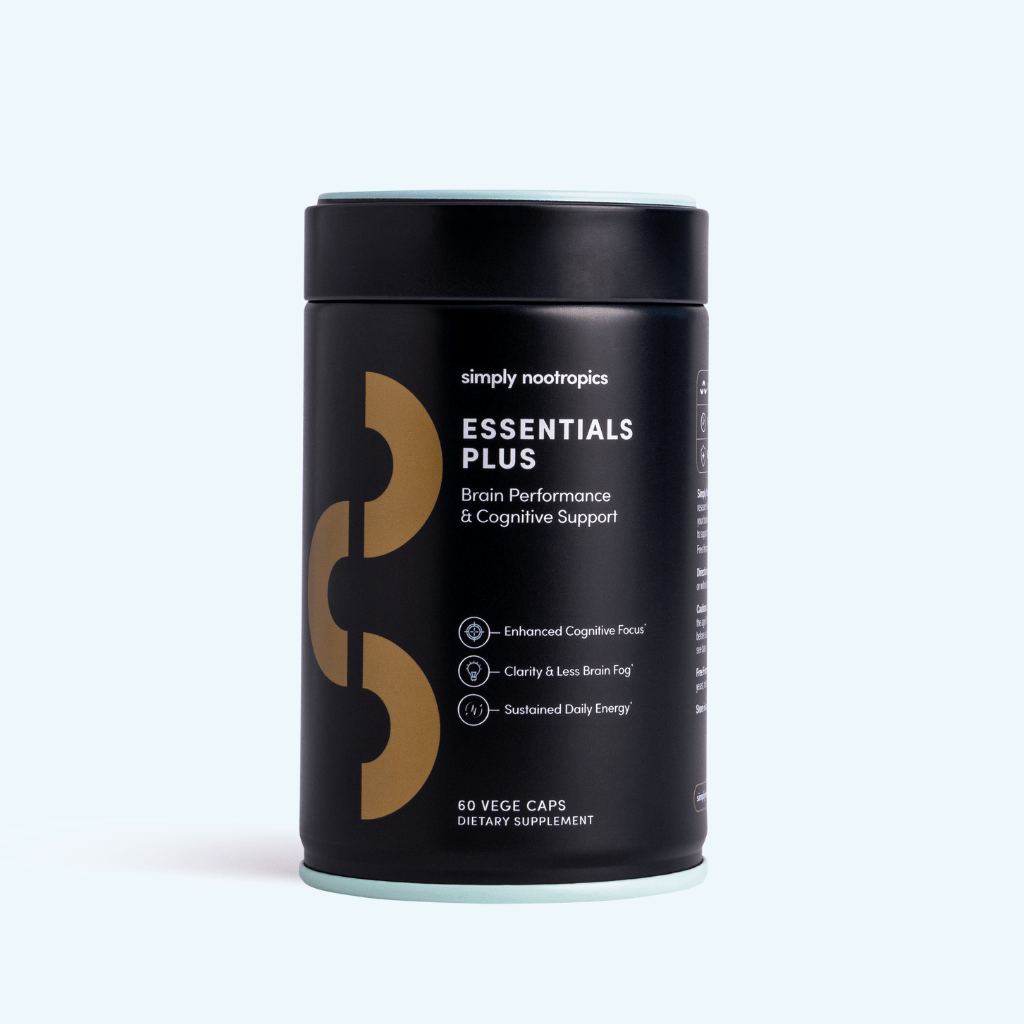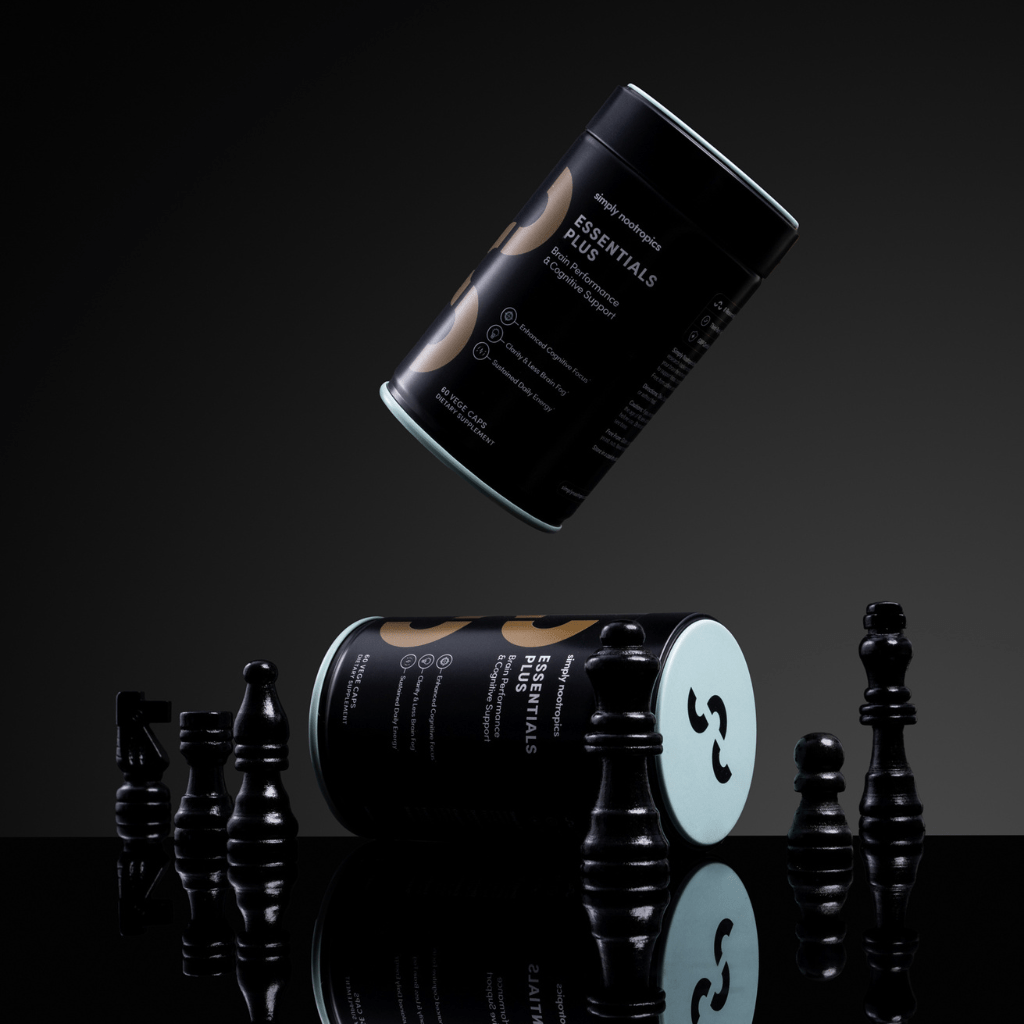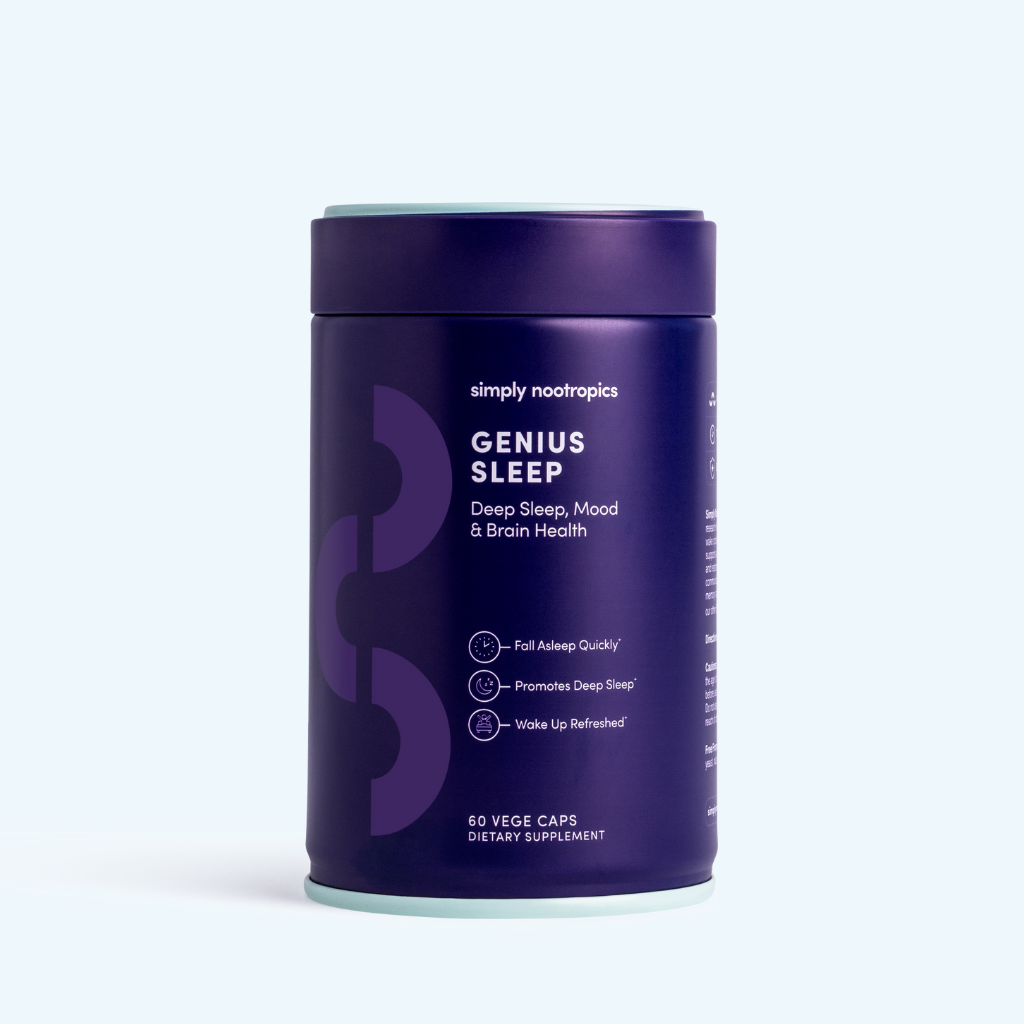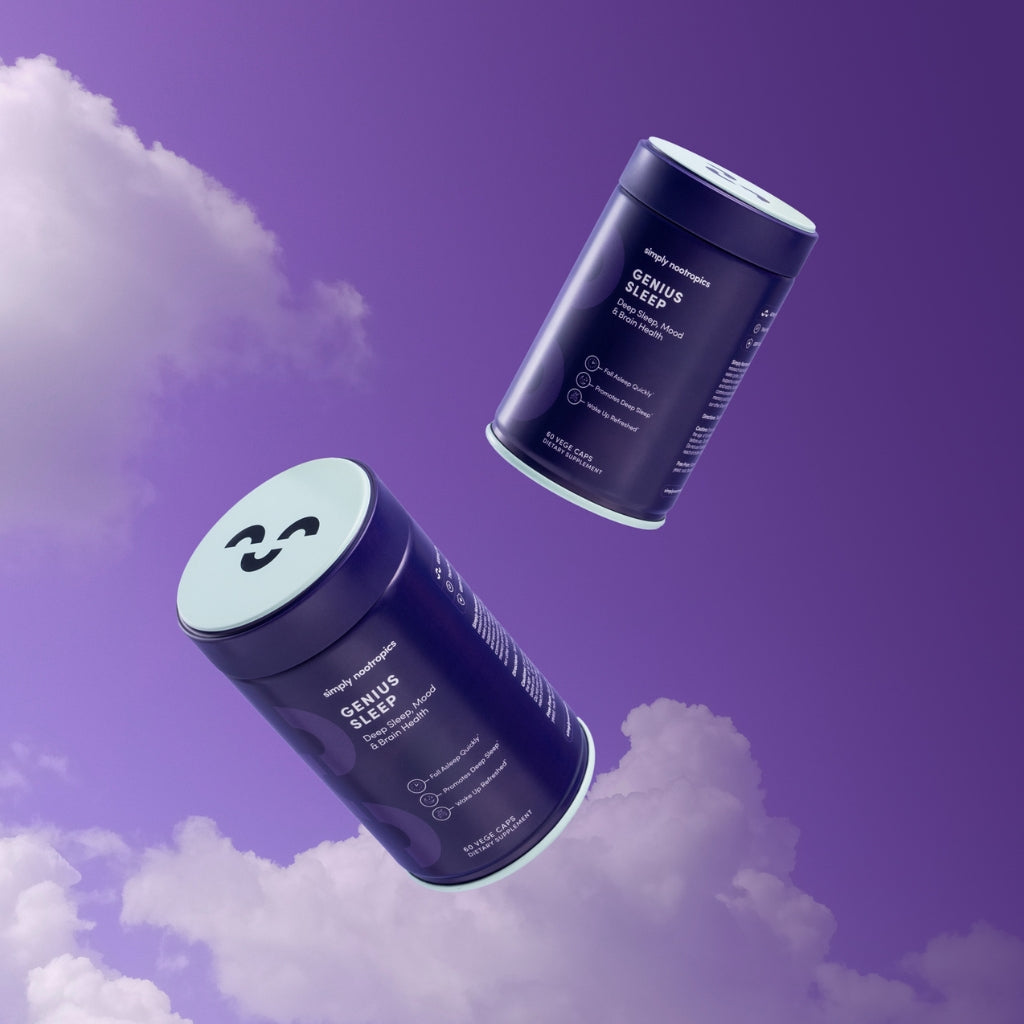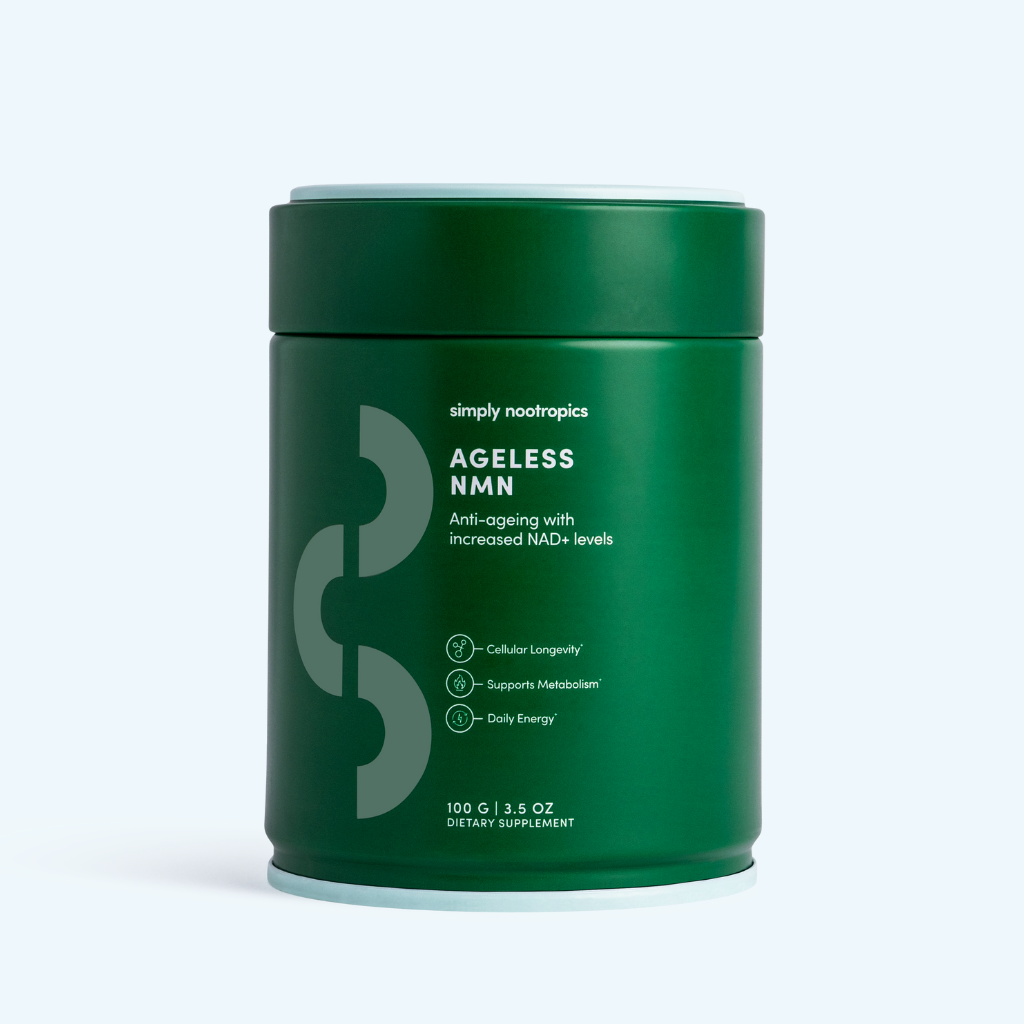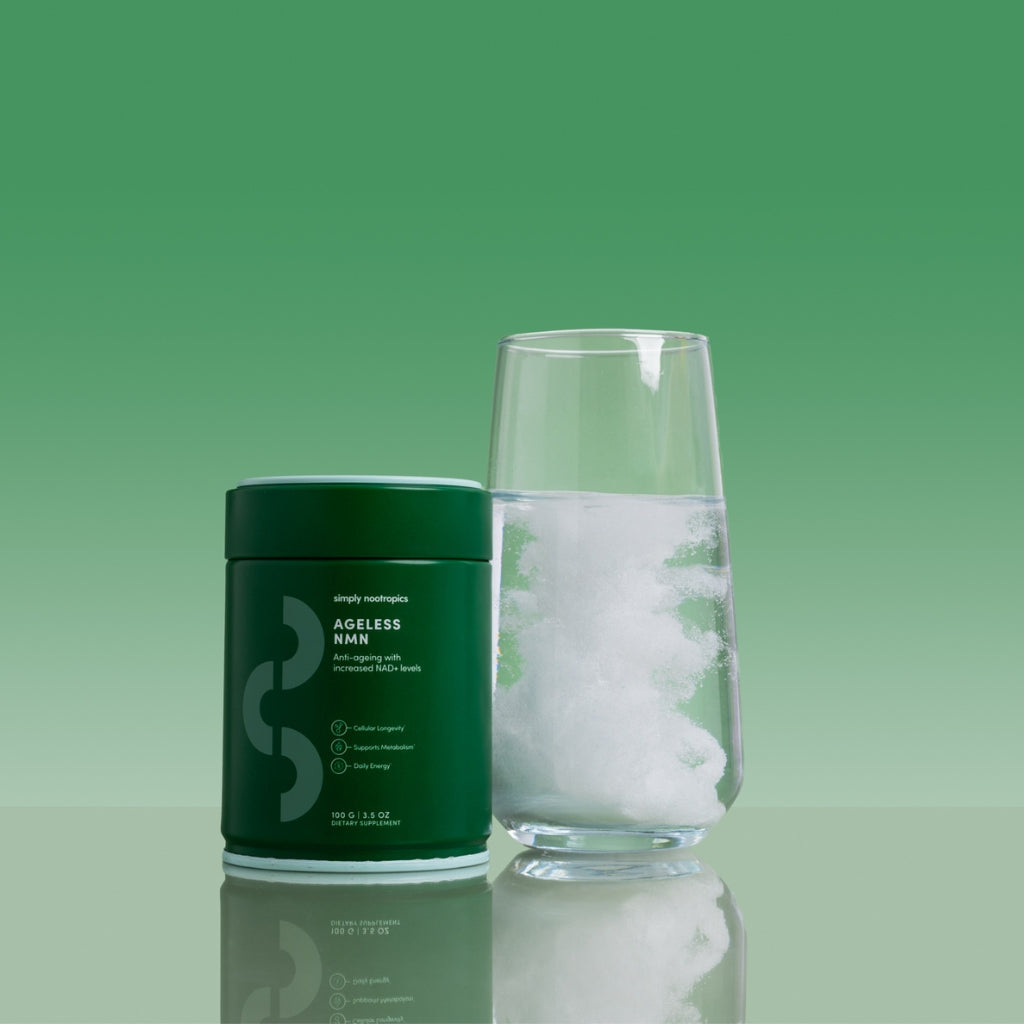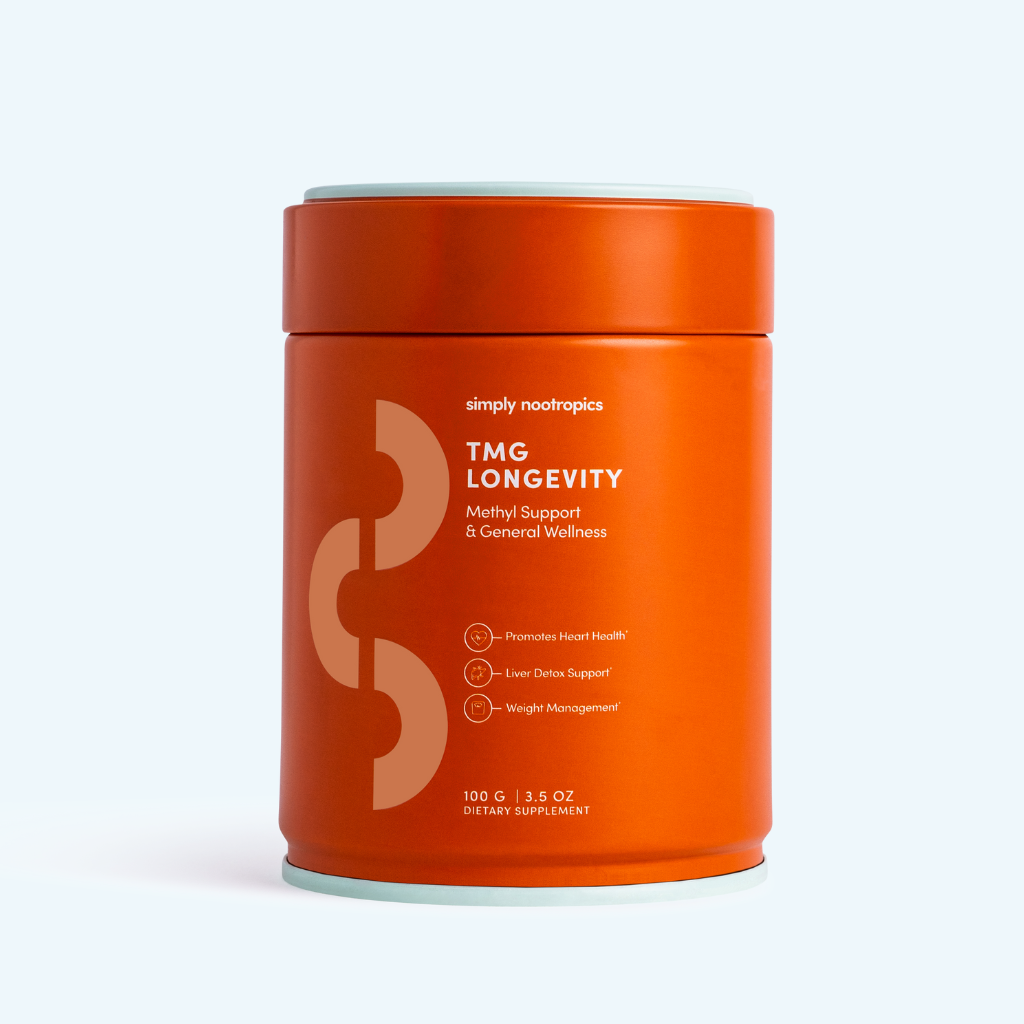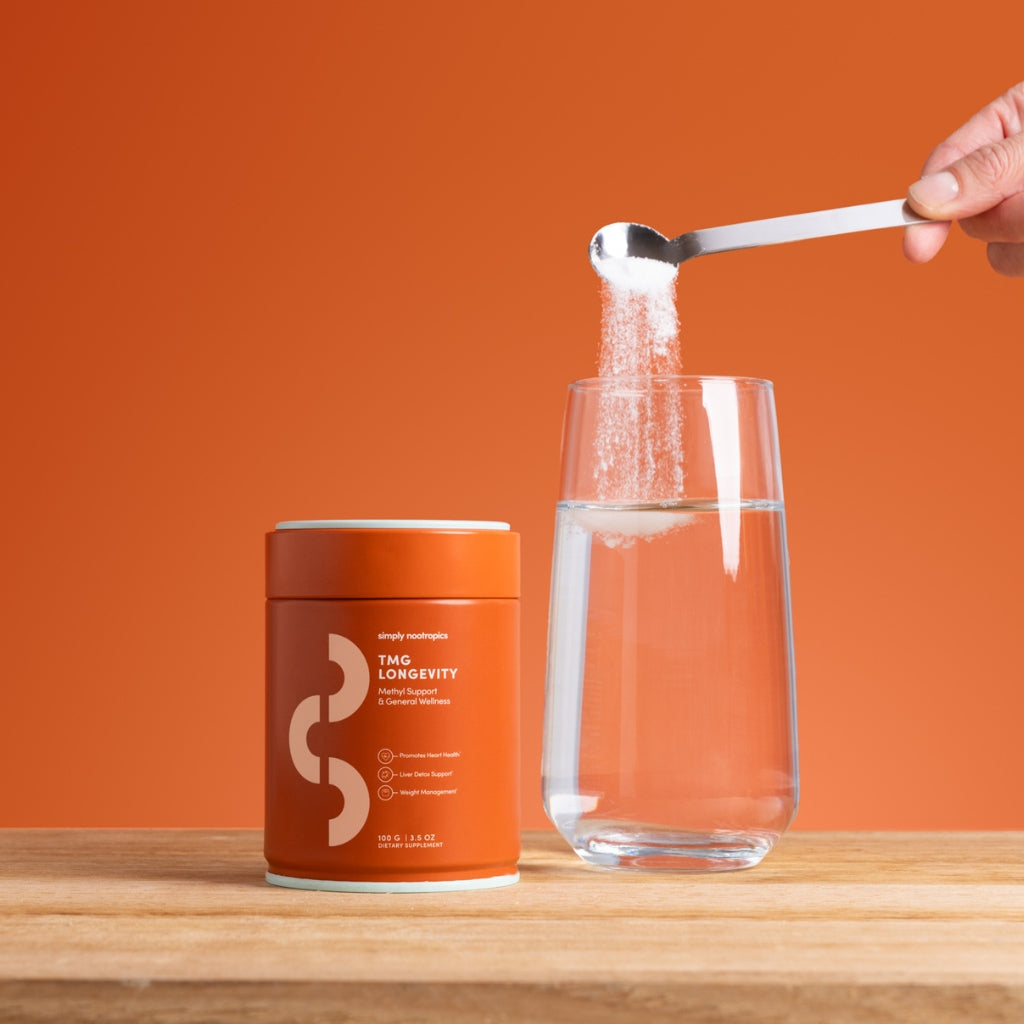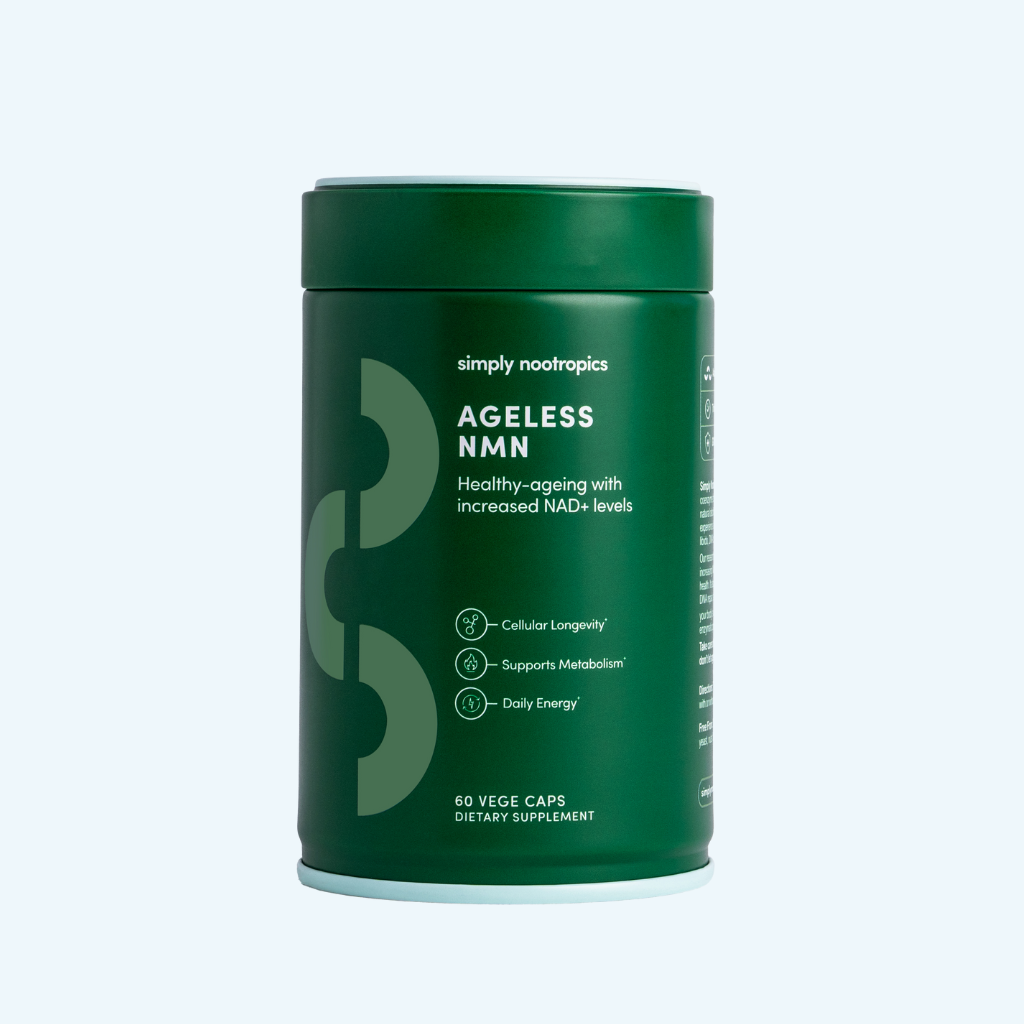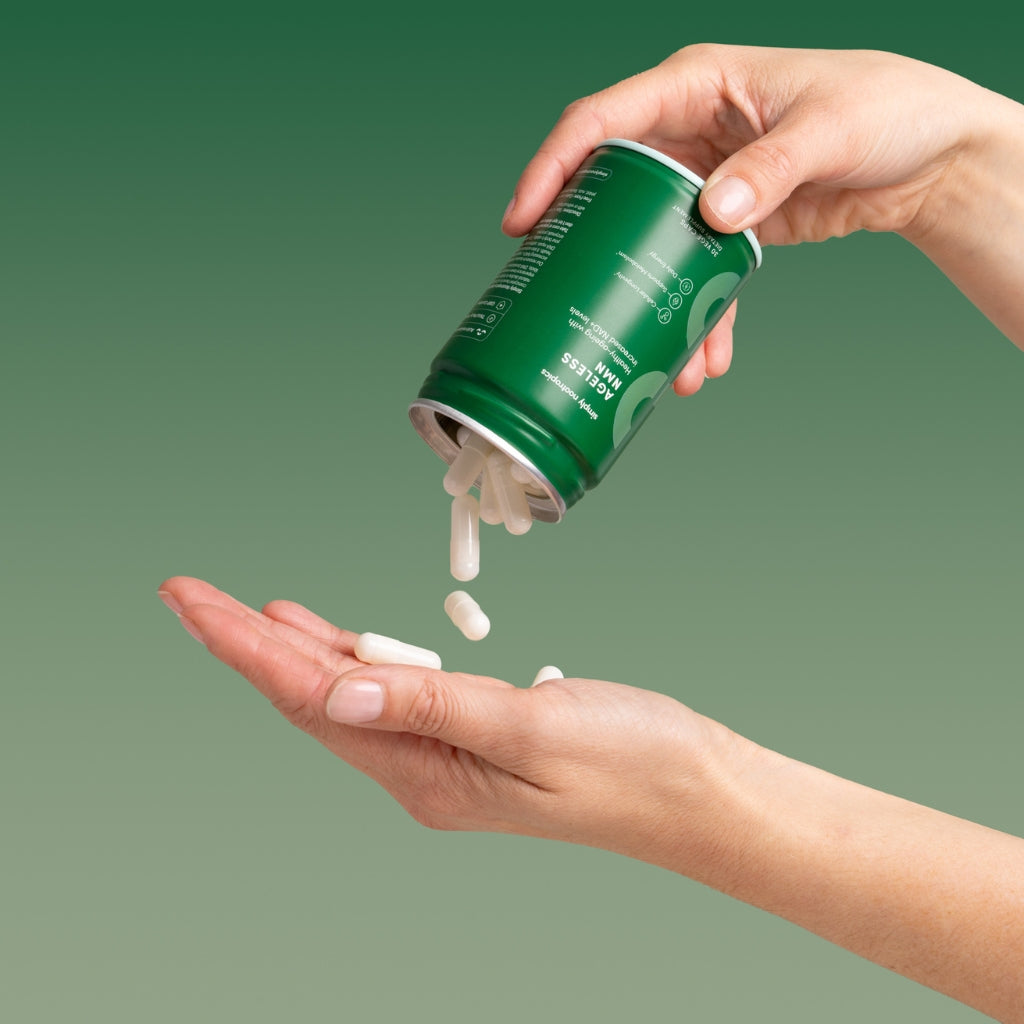Restorative sleep feels like the simplest thing in the world when you’re young. You fall asleep fast, stay asleep, and wake up ready to go. But as the years pass, many people notice a frustrating shift: nights become more restless, it takes longer to drift off, and mornings feel less refreshed.
It’s not just in your head. Ageing changes sleep in ways that are well documented, and while the effects vary from person to person, the underlying biology follows clear patterns. Understanding why restorative sleep gets harder with age is the first step towards improving it, together with learning about the right supplementation.
The Science of Sleep Across the Lifespan
Sleep isn’t a single block of unconsciousness. It’s a cycle of stages: light sleep, deep slow-wave sleep, and REM (rapid eye movement). Each stage plays a different role in recovery, from physical repair to memory processing.
When you’re younger, your sleep cycles are longer and deeper, with plenty of restorative slow-wave sleep. As you age, two things tend to happen:
-
Less deep sleep: The amount of slow-wave sleep declines, leaving you in lighter stages for longer.
-
Fragmentation: Sleep becomes more broken up, with frequent waking in the night.
This shift is partly natural biology, but lifestyle and health factors also play a role.
Why Falling Asleep Takes Longer
Many people find that the simple act of falling asleep stretches into an endless toss-and-turn. Several age-related changes explain why:
-
Lower melatonin production: The pineal gland produces less of the “sleep hormone” melatonin as you get older, weakening the signal that tells your body it’s time to rest.
-
Shifts in circadian rhythm: The body’s internal clock tends to move earlier, which is why some older adults feel sleepy before 9pm and wake up around dawn. The problem comes when social schedules clash with this shift.
-
Accumulated stress and health issues: Years of higher cortisol levels, pain, or chronic conditions can make it harder to unwind at night.
The result is a longer “sleep latency” - the time it takes to fall asleep - which increases with age. Even healthy older adults often report lying awake far longer than they used to.
Why Staying Asleep Is More Difficult
Even once you drift off, staying asleep can be tricky. Waking several times in the night becomes common with age, and it’s not always down to external disturbances.
-
Reduced slow-wave sleep: With less time in the deepest sleep stages, the brain is more easily roused by small noises or movements.
-
Changes in bladder function: Night-time bathroom trips become more frequent with age.
-
Respiratory changes: Conditions like sleep apnoea are more common in older adults, leading to disrupted cycles and poor-quality rest.
-
Pain and discomfort: Joint stiffness or muscle aches can trigger wake-ups that wouldn’t have occurred in youth.
What feels like “lighter sleep” is often the brain struggling to complete full restorative cycles.
The Daytime Consequences
Poor sleep doesn’t stay confined to the night. Its effects spill over into the day in ways that affect health and longevity:
-
Cognitive function: Memory, learning, and focus all decline without quality rest. That’s one reason poor sleep has been linked to a higher risk of age-related memory decline.
-
Mood: Irritability, anxiety, and even depressive symptoms are closely tied to disrupted sleep.
-
Immune resilience: A tired body is less equipped to fight infections and bounce back from illness.
-
Metabolic health: Sleep loss alters glucose metabolism, which can affect weight regulation and long-term energy balance.
What makes these consequences worrying is not one bad night, but the accumulation of many. Over years, fragmented or shallow sleep accelerates biological ageing and reduces healthspan.
The Vicious Cycle of Age and Sleep
One of the biggest challenges is that poor sleep feeds into the very conditions that make it worse. For example:
-
Sleep deprivation increases cortisol, which further disrupts circadian rhythm.
-
Lack of deep sleep reduces the brain’s ability to clear waste products, leaving you foggy and less resilient the next day.
-
Tiredness reduces physical activity, which in turn weakens sleep quality.
This cycle can make ageing feel like a trap: poorer sleep leads to poorer health, which leads to even poorer sleep. Breaking that cycle requires deliberate action to achieve restorative sleep.
Can You Reverse the Trend?
The decline in sleep quality with age is real, but it’s not irreversible. Lifestyle strategies can significantly improve the situation:
-
Prioritise light exposure – Get morning sunlight to reinforce your circadian rhythm and signal wakefulness. Limiting artificial light at night also helps.
-
Keep a steady schedule – Going to bed and waking up at consistent times helps anchor your internal clock. Even small deviations can throw sleep cycles off.
-
Minimise stimulants – Caffeine and alcohol both interfere with deep sleep stages, and sensitivity to them increases with age.
-
Create a sleep-friendly environment – Cool, dark, and quiet conditions support better rest. Earplugs, blackout curtains, or white-noise machines can make a surprising difference.
-
Wind down the nervous system – Relaxation practices, meditation, breathwork, or light stretching reduce cortisol before bed.
-
Exercise smartly – Regular activity improves sleep, but intense workouts too late in the evening can make it harder to switch off.
These changes form the foundation of restorative sleep at any age. But sometimes, extra support helps bridge the gap.
Spotlight: Genius Sleep
When natural changes in hormones and sleep cycles collide with stress and modern lifestyles, getting quality rest can feel like an uphill battle. That’s where Genius Sleep comes in.
Formulated with ingredients that support both mind and body, it helps create the conditions for deeper, more restorative rest:
-
Reishi Mushroom Extract – Calms the nervous system and supports restorative sleep.
-
L-Theanine – Promotes relaxation without grogginess.
-
L-Tryptophan – A building block for melatonin, aligning circadian rhythm.
-
Magnesium Bisglycinate – Eases the body into rest while supporting memory and cognition.
-
Tart Cherry Extract – Naturally rich in compounds linked with better sleep.
-
Passionflower Extract – Encourages GABA activity to quiet the mind.
-
Zinc Gluconate – Supports neurotransmitters tied to learning and memory.
Together, these create a holistic formula designed not just to help you fall asleep faster, but to stay asleep longer and wake up feeling restored.
Ageing changes sleep, but it doesn’t mean you’re destined for restless nights. With the right habits and Genius Sleep, you can protect the quality of your rest - and with it, your energy, focus, and long-term health.



